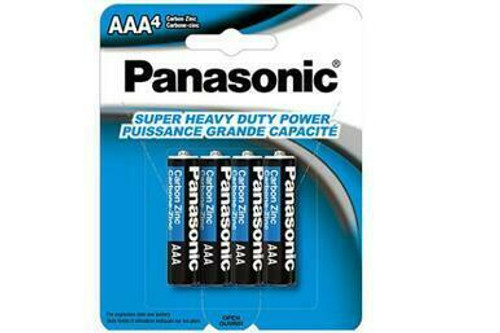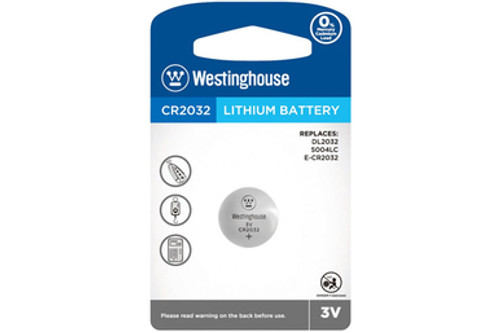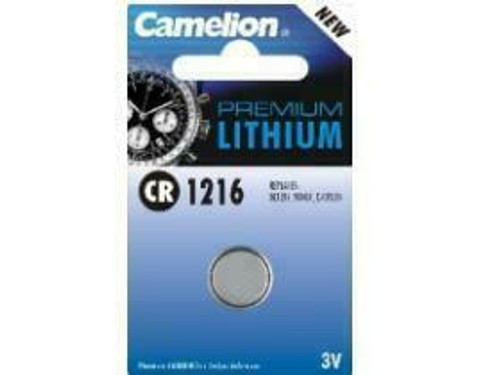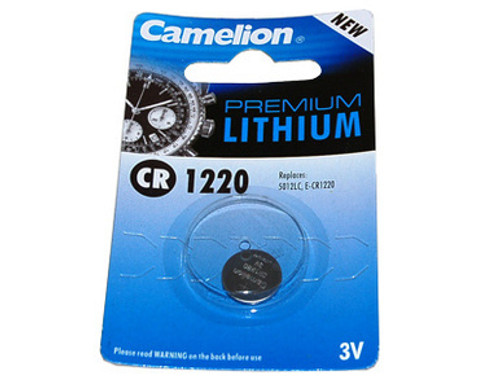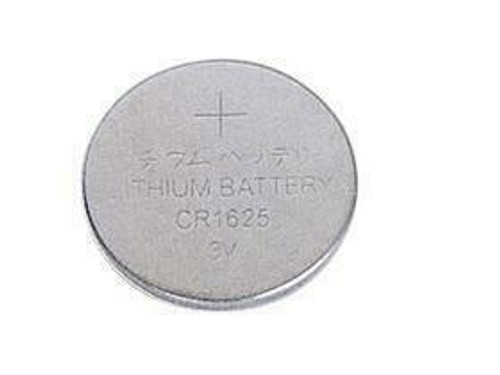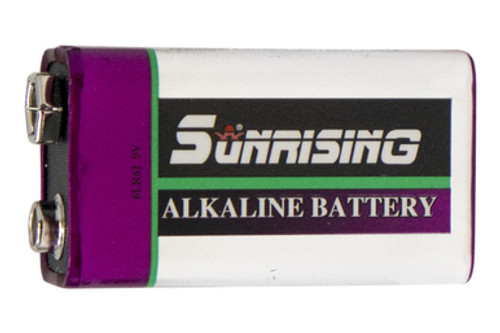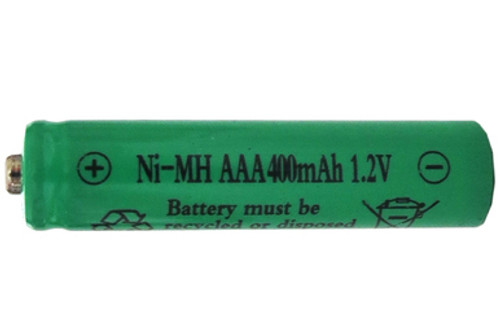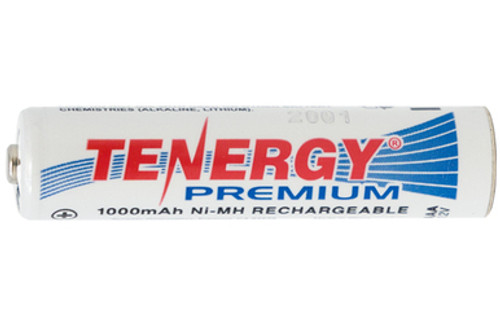Chemistry
Chemistry
Understanding the Different Battery Chemistries We Sell at Mega Batteries
Batteries are essential for powering a vast array of devices, and understanding the various chemistries can help you make informed decisions about which batteries to choose for your needs. At Mega Batteries, we offer a comprehensive selection of battery chemistries, each with its unique features and applications.
1. Alkaline Batteries
Alkaline batteries are the most commonly used batteries in household devices. They are known for their reliability and long shelf life. Available in various sizes, including AA, AAA, C, D, and 9V, alkaline batteries are suitable for low to moderate-drain devices.
Advantages:
Cost-effective for general use.
Long-lasting power, making them ideal for devices like remote controls and flashlights.
2. Lithium Batteries
Lithium batteries are renowned for their high energy density and lightweight design. They provide more power and a longer lifespan compared to alkaline batteries, making them ideal for high-drain devices.
Lithium-Ion (Li-ion): Commonly used in smartphones, laptops, and electric vehicles. They are rechargeable and known for their high capacity.
Lithium Polymer (LiPo): These batteries are often used in RC vehicles and drones due to their lightweight and flexible shapes.
Advantages:
Extended shelf life and performance.
Lightweight, making them suitable for portable electronics.
3. Nickel-Metal Hydride (NiMH) Batteries
NiMH batteries are rechargeable and an eco-friendly alternative to disposable batteries. They have a higher capacity than traditional nickel-cadmium (NiCd) batteries and are commonly used in devices like digital cameras and cordless phones.
Advantages:
Long-term cost savings due to their rechargeable nature.
Lower environmental impact compared to single-use batteries.
4. Nickel-Cadmium (NiCd) Batteries
NiCd batteries are less popular today due to environmental concerns but are still used in specific applications where high discharge rates are required. They perform well in extreme temperatures, making them suitable for power tools and emergency lighting.
Advantages:
Robust performance in demanding conditions.
Can be recharged many times.
5. Lead-Acid Batteries
Lead-acid batteries are known for their high capacity and reliability, commonly used in automotive and backup power applications. They are available in both sealed and flooded types.
Advantages:
Cost-effective for high-capacity needs.
Durable and can handle heavy loads, making them suitable for vehicles and backup systems.
6. Button Cell Batteries
Button cell batteries, or coin cells, are small batteries used in watches, hearing aids, and various small electronic devices. They typically come in a variety of chemistries, including alkaline, silver oxide, and lithium.
Advantages:
Compact size and lightweight.
Long shelf life, ideal for devices that require minimal power.
7. Specialty Batteries
Mega Batteries also stocks specialty batteries designed for unique applications. These include:
Solar Batteries: Designed for solar energy storage systems, allowing for efficient use of renewable energy.
Rechargeable Packs: Used in tools and electric vehicles, offering high capacities and long life.
At Mega Batteries, we take pride in offering a diverse selection of battery chemistries to cater to various needs. Whether you're looking for standard alkaline batteries for everyday devices, rechargeable lithium batteries for electronics, or specialized batteries for unique applications, our inventory has you covered.
Understanding the different battery chemistries can help you select the right power source for your devices, ensuring optimal performance and longevity. Explore our extensive range of battery chemistries today to find the perfect solution for your needs!



